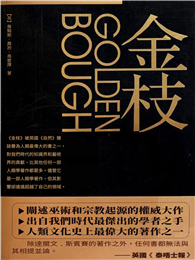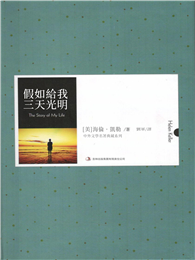"The Prophet" by Kahlil Gibran is a timeless and profound work that blends poetry and philosophical insights into a series of poetic essays. First published in 1923, the book has since become a classic of modern literature, cherished for its lyrical beauty and universal wisdom.
Set in a fictional setting, the book tells the story of Almustafa, a prophet who has lived in the city of Orphalese for twelve years. As he prepares to depart on a ship that will take him back to his homeland, he shares his wisdom with the people of Orphalese on various aspects of life. Each chapter addresses a different theme such as love, marriage, children, work, freedom, pain, and death, offering profound reflections and insights.
Gibran’s poetic language and vivid imagery convey deep philosophical truths about the human condition, spirituality, and the interconnectedness of life. Through Almustafa’s teachings, the book encourages readers to reflect on their own lives, relationships, and spiritual journeys, inviting them to seek wisdom and meaning in their experiences.
"The Prophet" transcends cultural and religious boundaries, resonating with readers of all backgrounds and beliefs. It has been translated into numerous languages and continues to inspire generations with its timeless messages of love, compassion, and spiritual growth. Gibran’s ability to blend poetic expression with profound philosophical insights has cemented "The Prophet" as a masterpiece of literature that continues to enrich and enlighten readers worldwide.
| FindBook |
有 1 項符合
The Prophet的圖書 |
 |
The Prophet 作者:Gibran 出版社:Milky Way Publications 出版日期:2020-04-10 語言:英文 規格:平裝 / 94頁 / 21.59 x 13.97 x 0.58 cm / 普通級/ 初版 |
| 圖書館借閱 |
| 國家圖書館 | 全國圖書書目資訊網 | 國立公共資訊圖書館 | 電子書服務平台 | MetaCat 跨館整合查詢 |
| 臺北市立圖書館 | 新北市立圖書館 | 基隆市公共圖書館 | 桃園市立圖書館 | 新竹縣公共圖書館 |
| 苗栗縣立圖書館 | 臺中市立圖書館 | 彰化縣公共圖書館 | 南投縣文化局 | 雲林縣公共圖書館 |
| 嘉義縣圖書館 | 臺南市立圖書館 | 高雄市立圖書館 | 屏東縣公共圖書館 | 宜蘭縣公共圖書館 |
| 花蓮縣文化局 | 臺東縣文化處 |
|
|
圖書介紹 - 資料來源:博客來 評分:
圖書名稱:The Prophet
內容簡介
|











